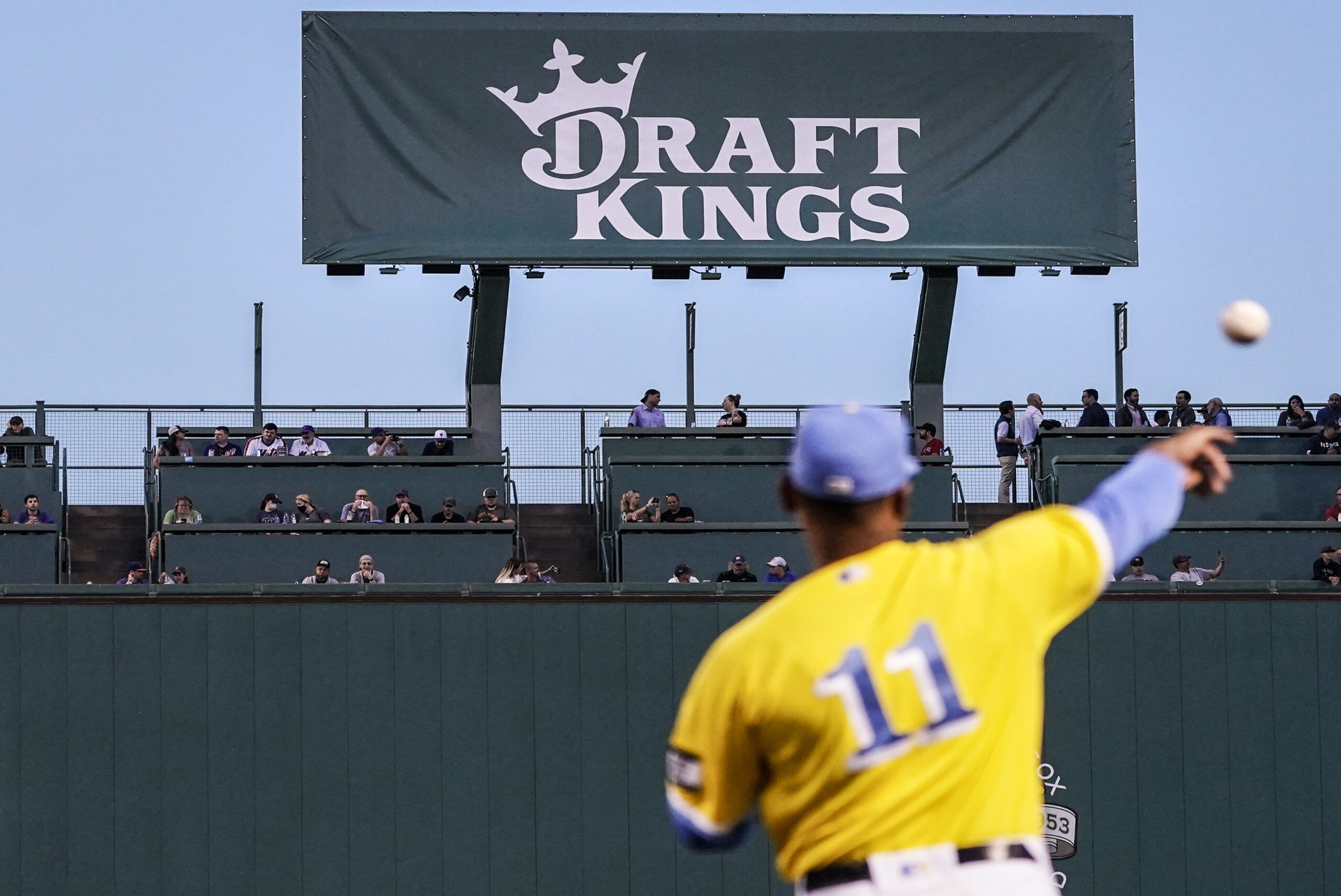The Gambling Gold Rush: America's High-Stakes Bet on Sports Betting

In a transformative shift that has reshaped the American entertainment landscape, sports betting has exploded across the nation since the Supreme Court's groundbreaking 2018 decision. Historian Jonathan D. Cohen offers a critical perspective in his latest book, characterizing the rapid expansion as a "reckless bet" that has fundamentally altered the relationship between sports, gambling, and consumer culture.
Seven years after the landmark ruling that gave states the green light to legalize sports wagering, the gambling industry has experienced unprecedented growth. What was once a restricted activity confined to Nevada has now become a mainstream phenomenon, with states eagerly embracing the potential for significant tax revenue and economic stimulation.
Cohen's provocative analysis suggests that while the industry has flourished, it has done so with potentially reckless abandon, raising important questions about the long-term social and economic implications of this widespread gambling expansion. The rapid proliferation of sports betting platforms and their aggressive marketing strategies have fundamentally transformed how Americans interact with sports entertainment.
